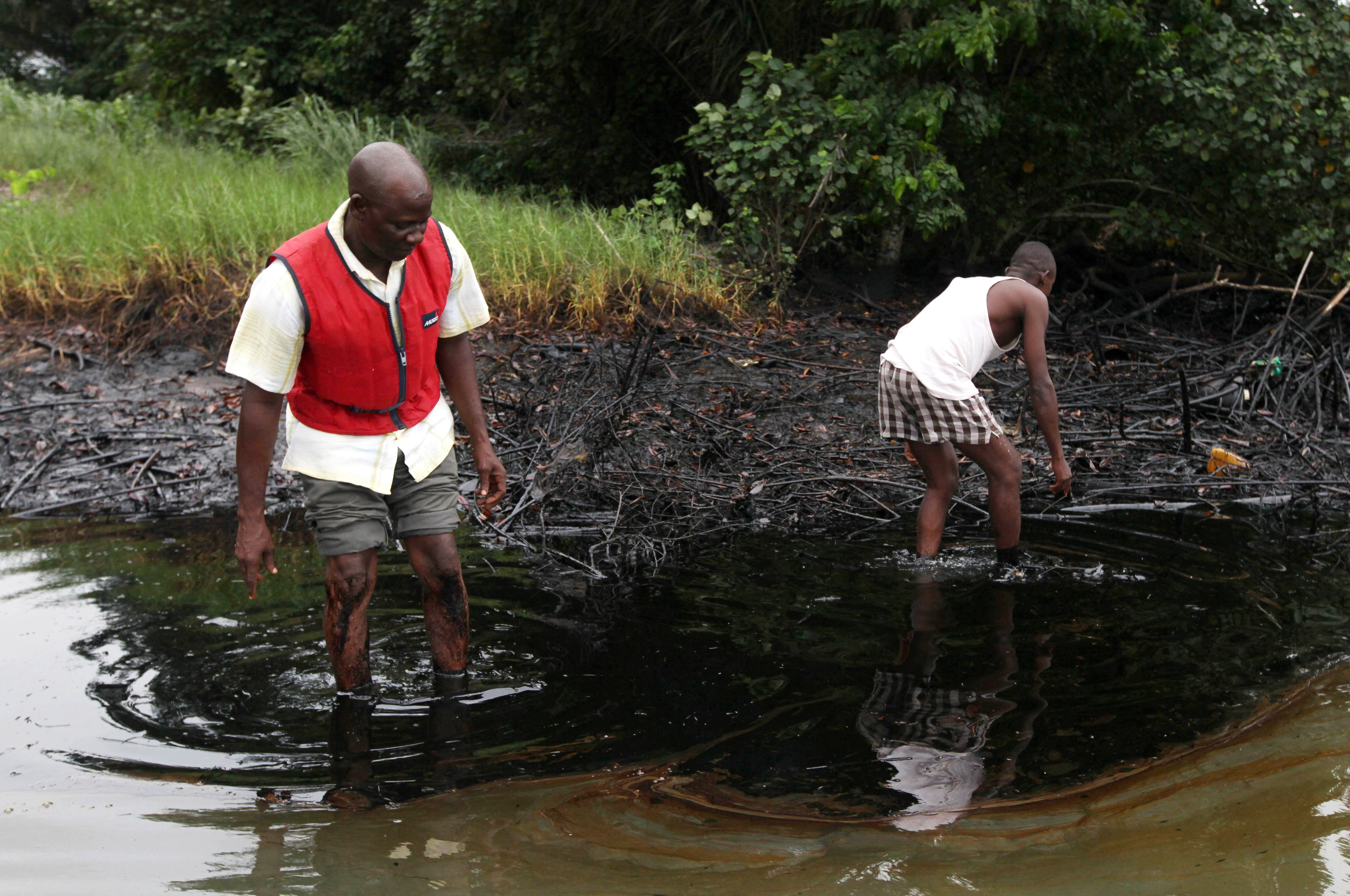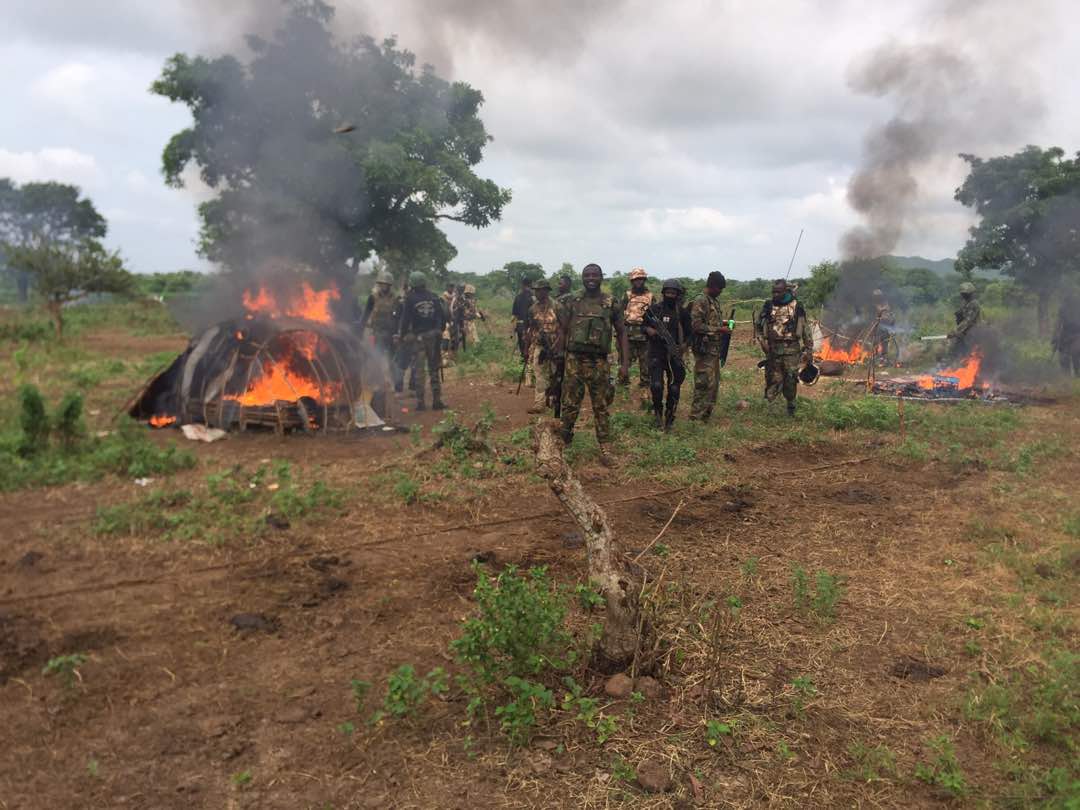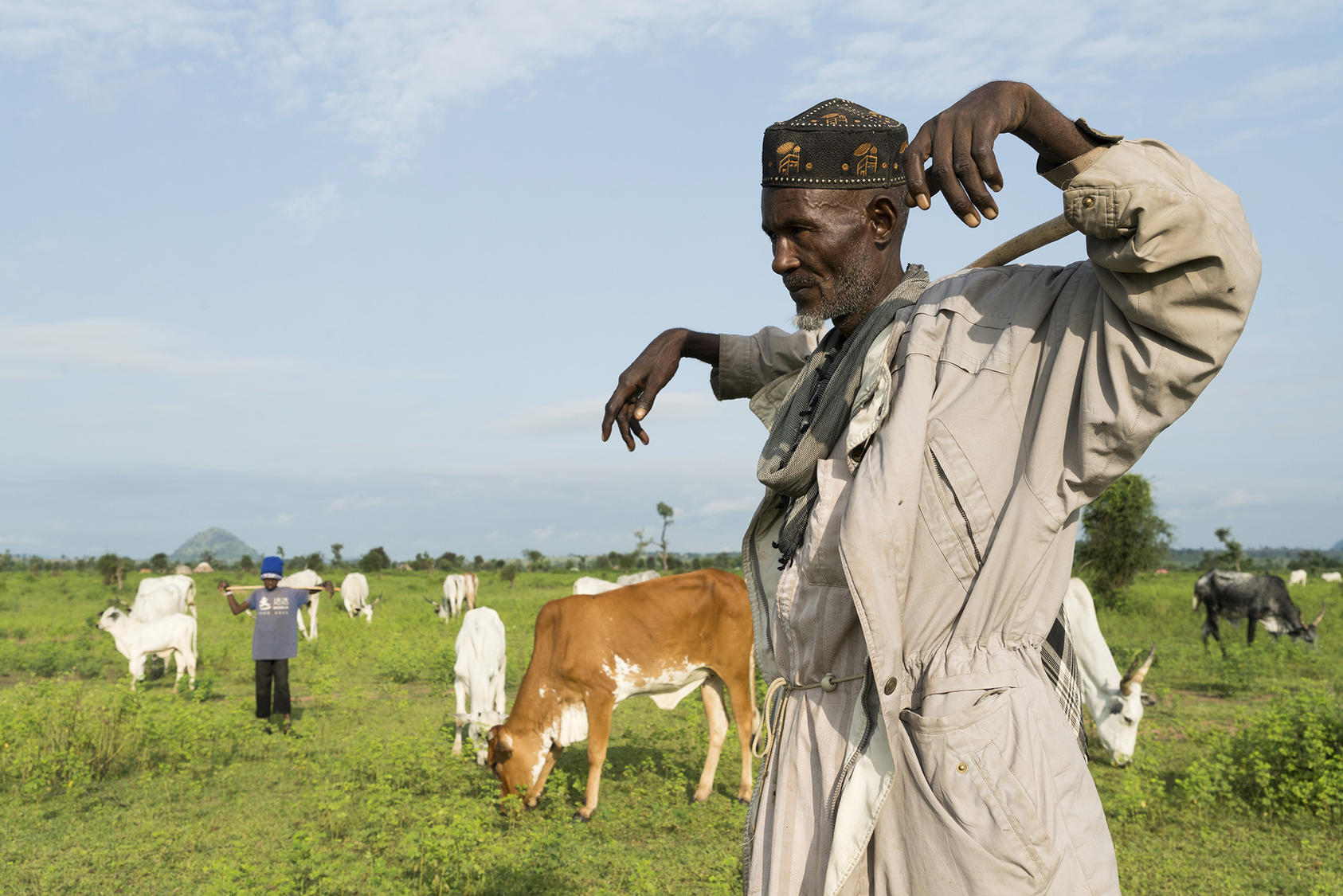Niger Delta Conflicts
Oil related conflicts in the Niger Delta dates back to the early post-independence days, but violence which is now a feature of the region most likely started in the early 1990s. The Niger Delta is, perhaps, the largest wetland in Africa and was home to one of the highest concentrations of biodiversity on the planet not too long a distance ago. Over the last 25 years, bombings, piracy, kidnappings, killings, and maiming have been the area's classic delineation. A young Niger Deltan can hardly recapture a time armed men, either police, soldiers or militias, were not hanging around every corner of his/her household. The cause, to many, is unguarded competition for oil wealth while some analysts see the unending violence as having root in politics. But one thing is particularly true of the region: Environmental issues have always been on the front burner. The region's over twenty million people were mostly farmers and fishers before the discovery of oil. Oil spillage became a challenge, and at the time the violence first broke out, there had been over a million barrels of oil in the soils and waters of the Niger Delta. An impoverished soil and poisoned water could no longer cater for the agricultural and social needs of the locals, so, more people became jobless as the day went by. Niger Delta became unhabitable. The dwellers also had health issues, ranging from skin lessions to breathing problems, eye problems, and skin cancer, to contend with as a result of dangerous gases which were continously flared into the surrounding air as a result of careless oil operations.





